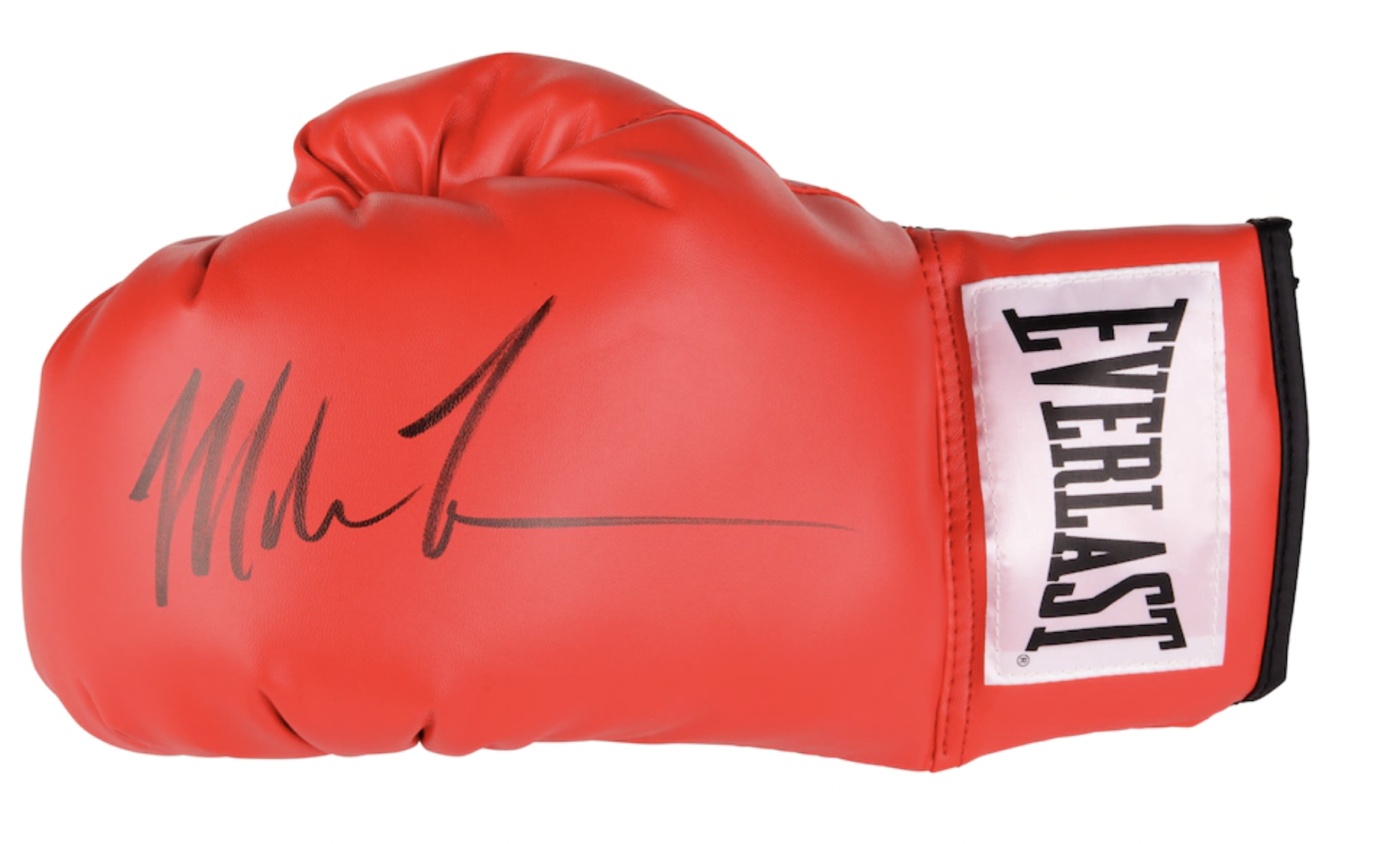From the beginning, the deck was stacked against Ben Askren reaching his goal of becoming the best welterweight in the world.
Not the beginning of his time in the UFC. Before that. Back in the fall of 2013, Askren was a free agent, and had publicly expressed his interest in joining the UFC. He wanted to fight in the Octagon, to face Georges St-Pierre, to capture the UFC championship. He wanted to silence the doubters who were skeptical of his abilities despite the undefeated start to his career and the Bellator title he had earned within 20 months of turning pro.
At the time, it would have made perfect sense. Askren was 29 years old and primed, having stopped two straight opponents, including one—Andrey Koreshkov—in one of the most lopsided fights in major MMA championship history. While he was far from a household name, he was a known commodity in the fight game, someone who could also boast an Olympic wrestling pedigree and who exhibited an unapologetic willingness to promote himself and his bouts.
In any other instance, it would have been an ideal union. Unfortunately, it would be six more years until Askren got his opportunity.
Six years is an era in MMA. Strikeforce was created and sold in less than six years. Ronda Rousey’s entire MMA career lasted less than six years. Johny Hendricks’ UFC championship win in Askren’s welterweight division? Yep, it happened less than six years ago.
Askren eventually got his shot, but by then, he was not the same fighter he’d once been. He’d briefly retired once, and on Monday, in an interview with ESPN announcing his retirement, he acknowledged the wear-and-tear on his body was even worse than he once stated, with a hip replacement surgery in his near future.
Suffice it to say, he was a compromised fighter. Suffice it to say, the UFC missed his prime.
Amazingly, while Askren fell short of his stated goal, he can hang up his gloves knowing that he had an undeniable, outsized impact on the global MMA scene during his time with the UFC, far past anything that could have been expected in such a small window.
For it was Askren who helped create two of the sport’s most indelible moments of 2019. The first was one that he was on the wrong side of. In July, at UFC 239, Askren was the victim of the fastest knockout in UFC history. A loss is rarely something to be celebrated, but it was Askren’s ability to create a rivalry with Jorge Masvidal out of nothing that raised the stakes to an unbearable tension come fight time. It was him walking the tightrope, daring his opponents to knock him down. Masvidal did, and reaped untold rewards as a result. While Masvidal deserves every bit of respect and credit for what he did, it was largely Askren who set the stage.
It was, by all measures a star-making moment for Masvidal, one he rode to a highly anticipated matchup with Nate Diaz and beyond. And yes, Askren gets partial credit for this, too. While he was not a participant in the fight, he played a key role in getting Masvidal there. He was both measuring stick and launching pad.
So many fighters don’t understand the business part of the fight business. They think or hope that winning is enough. In a perfect world, it would be, but in 2019, the world is far from perfect. The entertainment universe is constantly expanding, and consumer options are close to endless. If you’re an MMA fan, there is Bellator, ONE, PFL, KSW. If you expand to other combat sports, there is boxing, kickboxing, grappling. There are networks and streaming services and podcasts and social media. For fighters, it’s not enough to fight well; you must entertain well, too.
An ability to rise above such constant noise is invaluable, and Askren understood both the problem and the formula. He says things—sometimes, outrageous things—putting himself in both headlines and crosshairs. Many would never dare place that kind of undue pressure on themselves, but for Askren, the pressure was the point. The willingness to shuck off motivated challengers was just part of being the best.
When things didn’t go his way, Askren took his medicine like a man. Just a couple of hours after Masvidal knocked him out, Askren—the target of countless trolls celebrating his demise—simply tweeted, “Well that sucked,” which pretty much said it all. He made no excuses for losing to Masvidal, and later, to Demian Maia. He accepted accountability.
Askren did things his own way from beginning to end. He publicly feuded with one of the most powerful people in the sport, Dana White. He called out the biggest and best the sport had to offer. He won with a singular style heavily reliant on his takedowns and groundwork above all else. It was the foundation of his frequent successes and eventually, the root of his greatest failures.
The former far outnumbered the latter. While he’ll always be remembered for his brief UFC run, he won Bellator and ONE titles, and finishes with a 19-2 career record. He holds wins over notables Douglas Lima, Robbie Lawler and Shinya Aoki. It’s a resume that most who enter the sport will never sniff, and most who have exited the sport will envy.
From beginning to end, Askren’s entire MMA career was just over a decade. That was long enough to make a serious impact on the fight scene. Even if he didn’t end up where he wanted, he made it damn close. And oh, what a year he spent in the UFC. Has anyone ever had a more chaotic, fascinating one-year career at the highest level of MMA?
That is Askren in a nutshell. Ambitious yet collaborative, abbreviated yet captivating. Happy trails to an MMA original, it was a funky good time.

